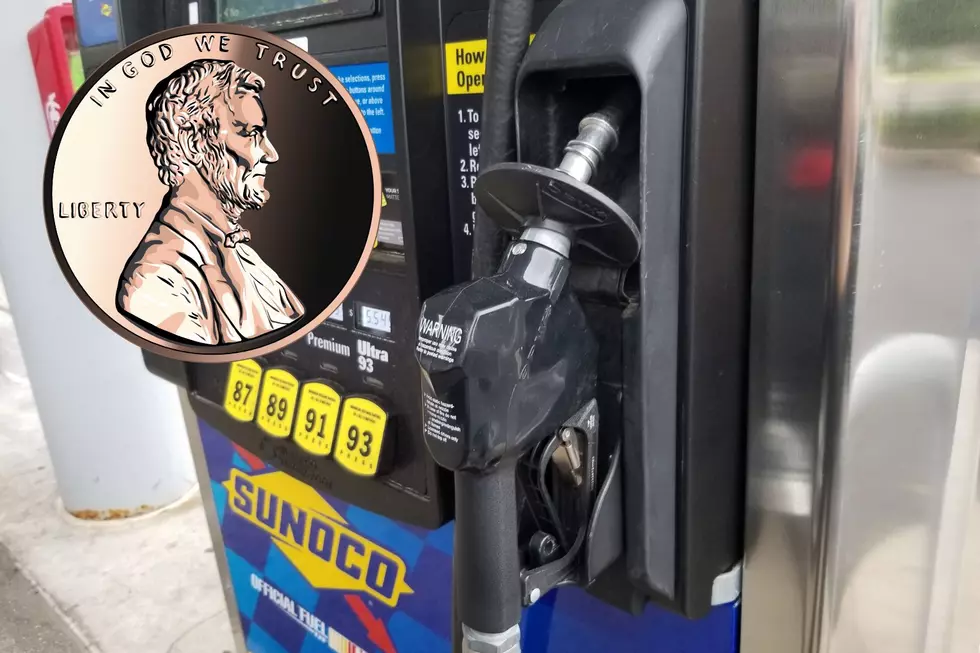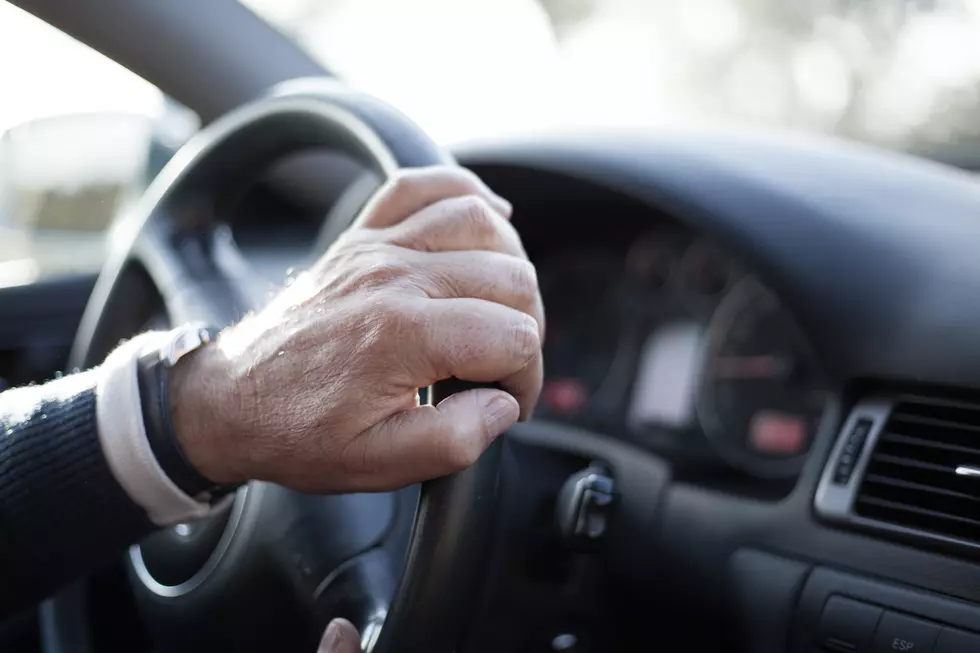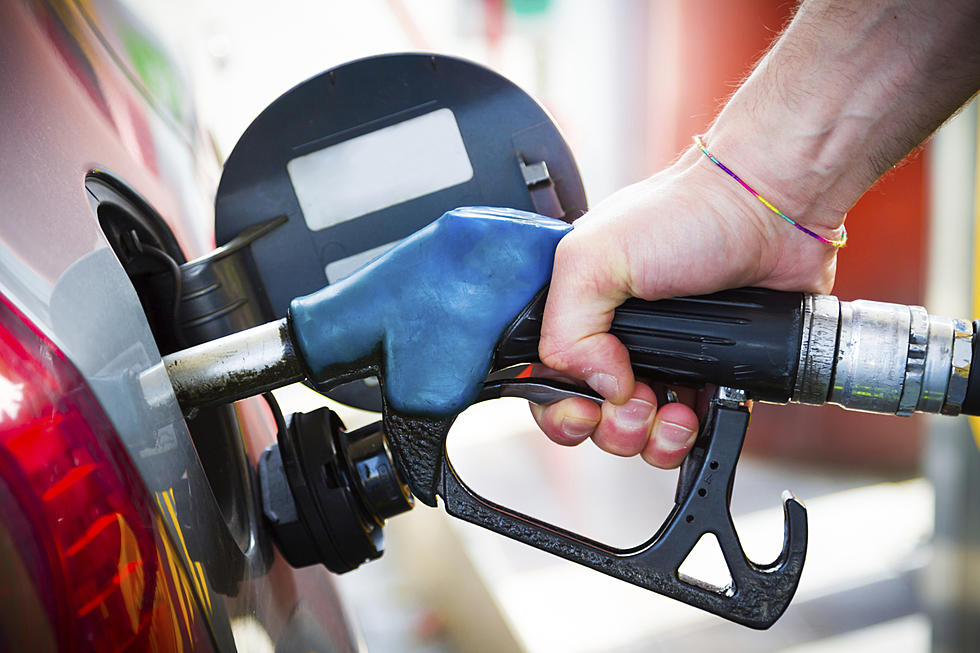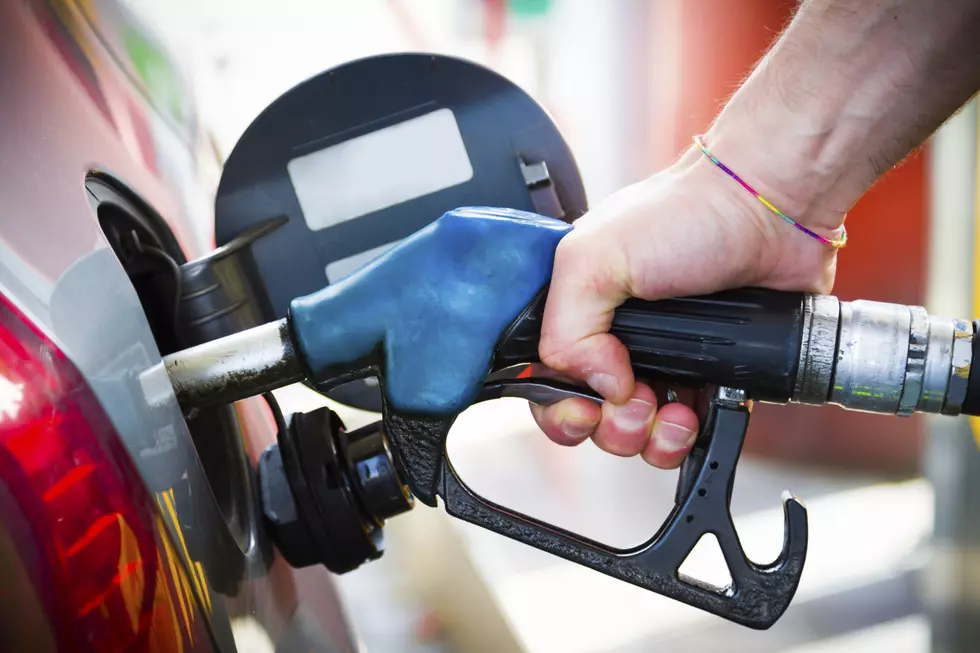
Gas tax hike for transportation fund: Economic necessity or disaster?
Extending and expanding New Jersey’s Transportation Trust Fund is an economic necessity, say the supporters of a plan to do so by raising the gas tax – to a height that could damage the economy, worry the proposal’s skeptics.
A transportation funding plan could be formally introduced and voted on this week, as lawmakers prepare to move quickly once they reach agreement on an approach that either receives Gov. Chris Christie’s support or gets the backing of enough legislators to override his veto.
The plan announced 10 days ago envisions raising the gas tax by around 23 cents a gallon, a jump of more than 150 percent from the current 14.5 cents. New Jersey could go from having the nation’s second lowest gas tax to its seventh highest.
And that could be economically damaging, say critics who oppose any increase in the gas tax.
Such a hike in the gas tax would have an impact on the costs for some businesses, such as limousine services and others, which could wind up passed along to consumers in the prices for products, said Erica Jednyak, New Jersey state director for Americans for Prosperity.
“Young people who are trying to start a landscaping business, the cost of gas will increase on their business and their cost,” Jednyak said. “Also working families, the concern is with grocery prices.”
Businesses could be hurt on the revenue side as well, said Laurie Ehlbeck, the state director for the National Federation of Independent Business. She was deluged by calls from Shore businesses in her group when the details of the TTF plan were announced.
“They have just recovered from Sandy, and the low gas prices have really, really helped them. People take a ride down for the day or the weekend where maybe before they might not have,” Ehlbeck said. “So now they’re concerned that they’re going to miss a lot of that traffic, people just going out for a ride at the shore.”
Supporters of raising the gas tax to bankroll the Transportation Trust Fund say it’s necessary to provide New Jersey with a stable source of funding for road, bridge and projects and endorse growing the fund to $2 billion a year, rather than the current $1.6 billion a year.
Some have taken to quoting former Transportation Commissioner Jack Lettiere: “Transportation is the game board upon which the economy is played.”
“There are about 12 different economic sectors that depend on our transportation system. Our tourism, pharmaceuticals, manufacturing, warehousing – you go right down the line,” said Bob Briant Jr., chief executive office of the Utility and Transportation Contractors Association.
“If we do not have a vibrant and efficient transportation system, firms, businesses, companies, manufacturing plants are not going to locate here in New Jersey,” Briant said. “Those that are here are going to leave. If they want to expand, they’re going to expand elsewhere.”
The American Society of Civil Engineers last week issued a report card on New Jersey's infrastructure that assessed the state's roads and bridges at a D-plus and its transit systems at a D-minus.
The proposal has support from at least three Republican senators, so far, because the gas-tax hike is partially offset with tax cuts they say will spur the state’s economy by making it more attractive for people to stay.
New Jersey is one of two states with both an estate tax and an inheritance tax, and its estate tax is applied at a lower level of wealth — $675,000 in assets — than in any other state. The estate tax would be gradually phased out under the plan and be reformed to only apply to wealth above the threshold, rather than a person’s entire estate. The inheritance tax would stay on the books.
The amount of retirement income, such as from pensions, that would free of income taxes could gradually increase fivefold to $100,000 for a married couple. People could get a deduction on their income taxes for donations to New Jersey charities and for gas taxes. The working poor could get a larger earned income tax credit, equal to 40 percent of the federal benefit, rather than 30 percent.
All of those tax changes need to be considered when assessing the plan, said state Sen. Joseph Kyrillos Jr., R-Monmouth.
“In total, it is a productivity, prosperity and quality of life package,” Kyrillos said.
A few Democrats are opposed to the plan, either for the gas tax hike itself or because of the revenue that would be foregone through the tax cuts, particularly by eliminating the estate tax. State Sen. Raymond Lesniak, D-Union, suggested the estate tax threshold be raised to a $1 million exemption but that the income tax be raised on millionaires.
The plan also includes a higher tax on jet fuel. State Sen. Jennifer Beck, R-Monmouth, said airlines that fly out of Newark Liberty International Airport have voiced concerns about that proposal’s impacts.
More From New Jersey 101.5 FM









